From the first days of the full-scale invasion, the public and the media of the Dnipropetrovsk Region joined forces to objectively and systematically inform society and international partners about the situation surrounding IDPs and other victims of hostilities. Despite all the challenges, non-governmental organizations continue to help displaced people and veterans in the Dnipropetrovsk Region. How to overcome problems, what has already been done, and what are the plans for the future were the issues discussed the other day at the Dnipro Journalists’ Solidarity Center (JSC) of the National Union of Journalists of Ukraine (NUJU).
Attract informational attention
“For the third year, the media community of the Dnipropetrovsk Region has held the information front. Journalists perform this work professionally and responsibly. However, colleagues do not live only by work: many journalists actively participate in volunteer activities. This is not the first time that we are gathering at the Dnipro JSC to help charitable foundations establish quality communication, and together convey information about the needs of IDPs and veterans. Today, we want to draw attention to the achievements of benefactors,” noted the coordinator of the regional Center, Nataliya Nazarova.
The topic of the conversation, Volunteer Support For Idps And Veterans: Results, Needs, Plans, aroused great interest from the media, volunteers, internally displaced people, and representatives of charitable organizations of the Dnipropetrovsk Region. The event was attended by colleagues from the Donetsk and Kherson Regions. They were especially happy to welcome war veterans, who are now actively involved in the military-patriotic education of the younger generation.
Uniting communities
Six months have passed since the previous meeting of the media and donors. Then, within the walls of the Center, Pavlo Medvid, the head of the charitable foundation Center for Assistance to Displaced Persons and Veterans, said that without the help of the residents of Dnipro, it would have been impossible to support those people who fled the war. Today, he has even more experience and hard work behind him.
“The charity center was organized from the first hours of the full-scale invasion. Over the years, our office suffered damage due to enemy shelling of Dnipro, but it did not stop working for a minute. What did we manage to do? First, more than 83,000 displaced families received humanitarian aid. Secondly, we implemented seven humanitarian and social grant projects. In particular, they are aimed at uniting communities from Volnovakha, Bakhmut, Sievierodonetsk, Toretsk, and other cities. We want these communities to be self-sufficient to have leaders despite the fact that people have left their native settlements. Therefore, our projects give communities the opportunity not to get lost among the Dnipro people, but after the victory to return home and rebuild their cities, said the head of the charitable foundation Pavlo Medvid.
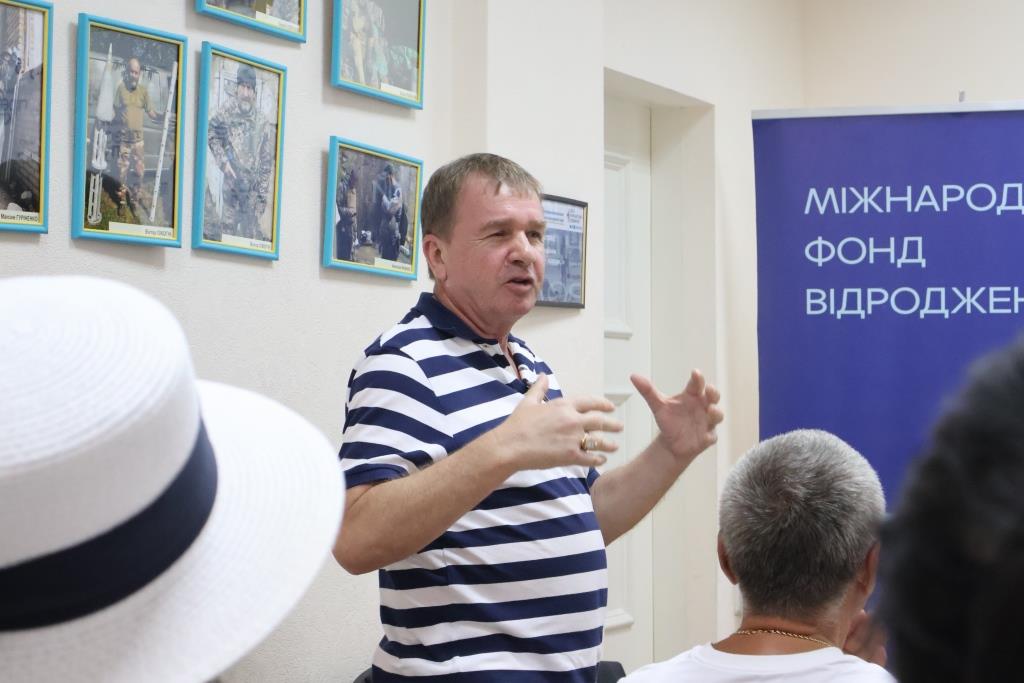
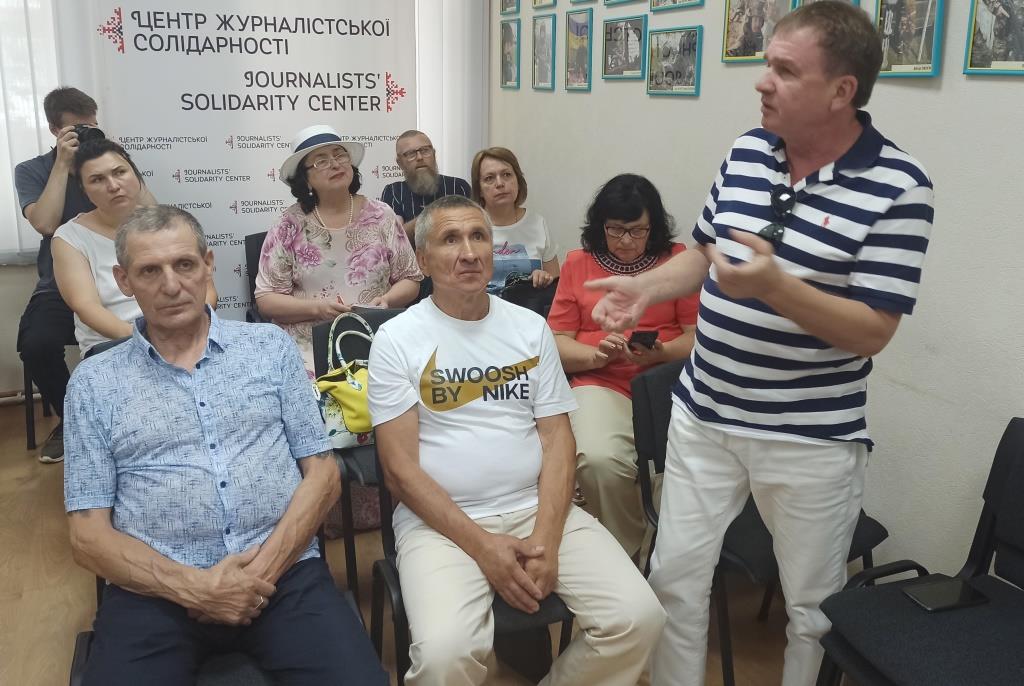
He emphasized that in 2022-2023, businesses actively helped IDPs, now philanthropists are more often turning to business communities with targeted needs. There are also cases aimed at large-scale support. For example, companies prepare a list of vacancies for IDPs. One of them offered a hundred jobs for the summer period.
Media’s special mission
Also, the team of the charitable foundation carried out a titanic work: the data of more than 43,000 IDPs were digitized.
“Thanks to the information that is now stored in a digital form, we can find a target group among IDPs. Promptly offer help or work to the category that needs it most. This is a step forward,” said expert Vladyslav Romanov.
He added that the truth should not be hidden either: there is burnout, a decrease in attention, and a decrease in assistance. However, volunteers from the Armed Forces continue to be the most influential group in Ukrainian society, and this is trust.
“Over the years of the full-scale invasion, volunteering has been professionalized. Volunteers have learned to communicate with different categories of the population, have established a document flow, and are solving problems that, for many, remain behind the scenes. So, we understand that philanthropists need to reach another level. Even foreign partners are surprised how our volunteers withstand such a load,” said Vladyslav Romanov.
In his opinion, NGOs that work with IDPs are turning into an element of social security. They take on most of the worries. In turn, society must understand that the displaced people are here for a long time, not only for the war years, but also for the post-war period.
“We conducted a survey among displaced people that showed how priorities are changing. In the first place – housing and work. Then, communication, support, and exchange of important information with people who previously lived together. We need to preserve their identity. And the media play an important role here. People want to know more about their community. And this is not news on Telegram channels, not chats on the phone. And interesting, meaningful articles about the customs and culture of people from Mariupol, Volnovakha, and Soledar. Of course, this is a different level of journalism, and perhaps this should be taught to future media workers,” Vladyslav Romanov noted.
The discussion participants also drew attention to the fact that the enemy is spreading a lot of fakes about IDPs about the attitude toward displaced people in different regions. Therefore, here too, the media must fight against falsehoods and information leaks.
Call the Dnipro JSC at 050 919 8479 (Nataliya Nazarova, the Dnipro JSC coordinator). The Center’s address is 8 Starokozatska Street.
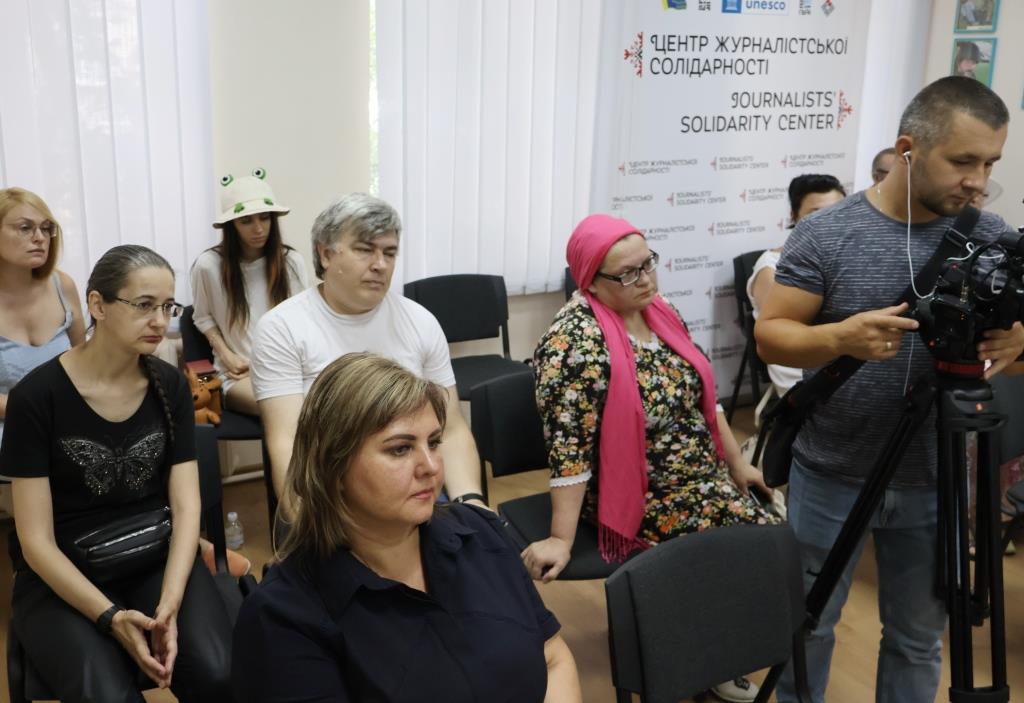
ABOUT JSC
The Journalists’ Solidarity Centers is an initiative of the NUJU implemented with the support of the International and European Federations of Journalists and UNESCO. The initiative is designated to help media representatives working in Ukraine during the war. The Centers operate in Kyiv, Lviv, Ivano-Frankivsk, Chernivtsi, Zaporizhzhia, and Dnipro and provide journalists with organizational, technical, legal, psychological, and other types of assistance.
ABOUT UNESCO
UNESCO is the United Nations Educational, Scientific, and Cultural Organization. It contributes to peace and security by promoting international cooperation in education, sciences, culture, communication, and information. UNESCO promotes knowledge sharing and the free flow of ideas to accelerate mutual understanding. It is the coordinator of the UN Action Plan on the Safety of Journalists and the Issue of Impunity, which aims to create a free and safe environment for journalists and media workers, thus strengthening peace, democracy, and sustainable development worldwide. UNESCO is working closely with its partner organizations in Ukraine to provide support to journalists on the ground.
The designations employed and the presentation of material throughout this digest do not imply the expression of any opinion whatsoever on the part of UNESCO concerning the legal status of any country, territory, city, or area or its authorities or concerning the delimitation of its frontiers or boundaries.
The authors are responsible for the choice and the presentation of the facts contained in this digest and for the opinions expressed therein, which are not necessarily those of UNESCO and do not commit to the organization.
Dnipro JSC information service
Photo by Yurii Nazarov

 THE NATIONAL UNION OF
JOURNALISTS OF UKRAINE
THE NATIONAL UNION OF
JOURNALISTS OF UKRAINE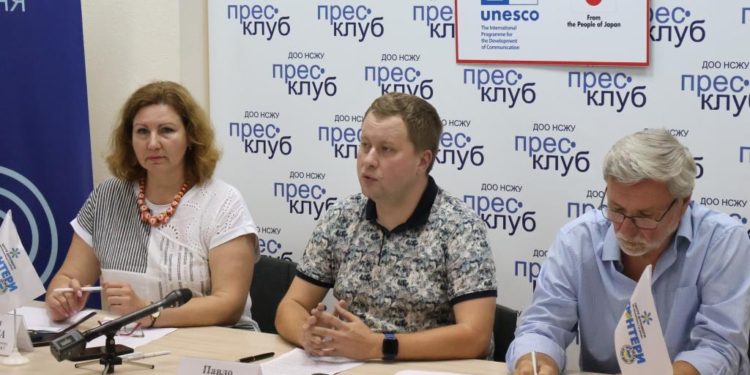
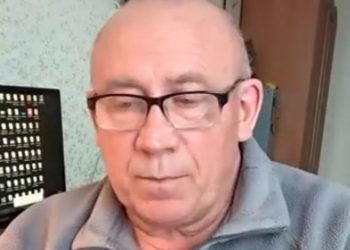
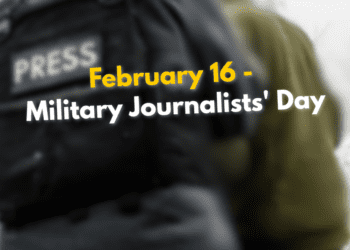














Discussion about this post